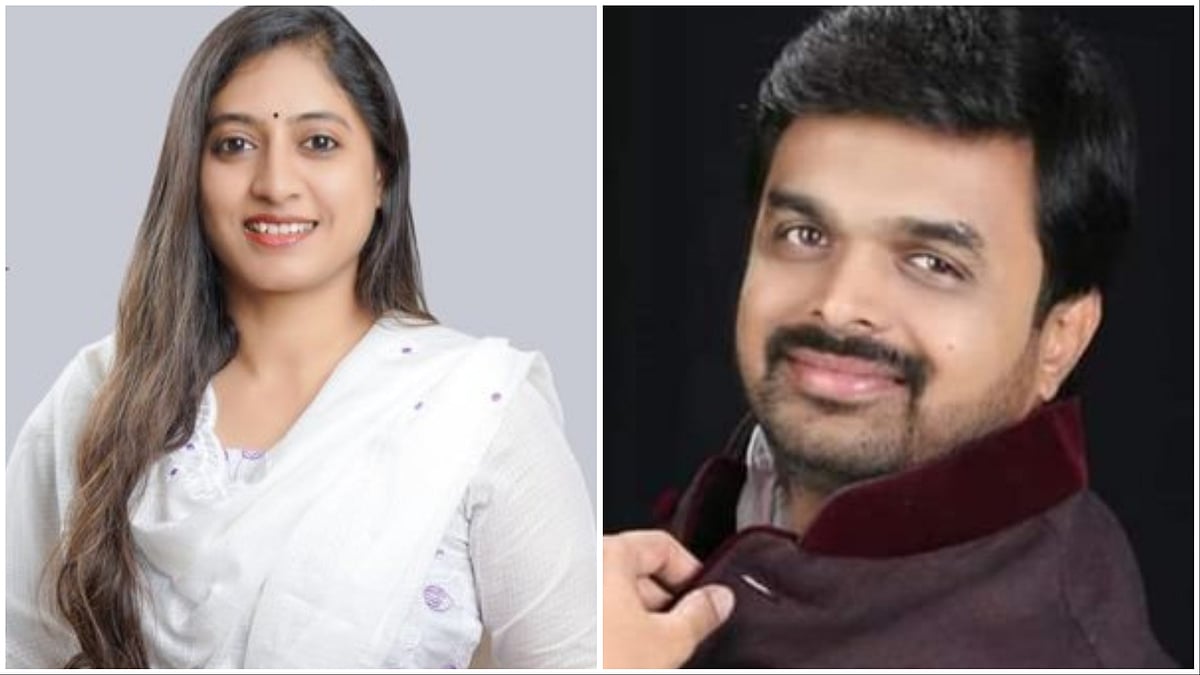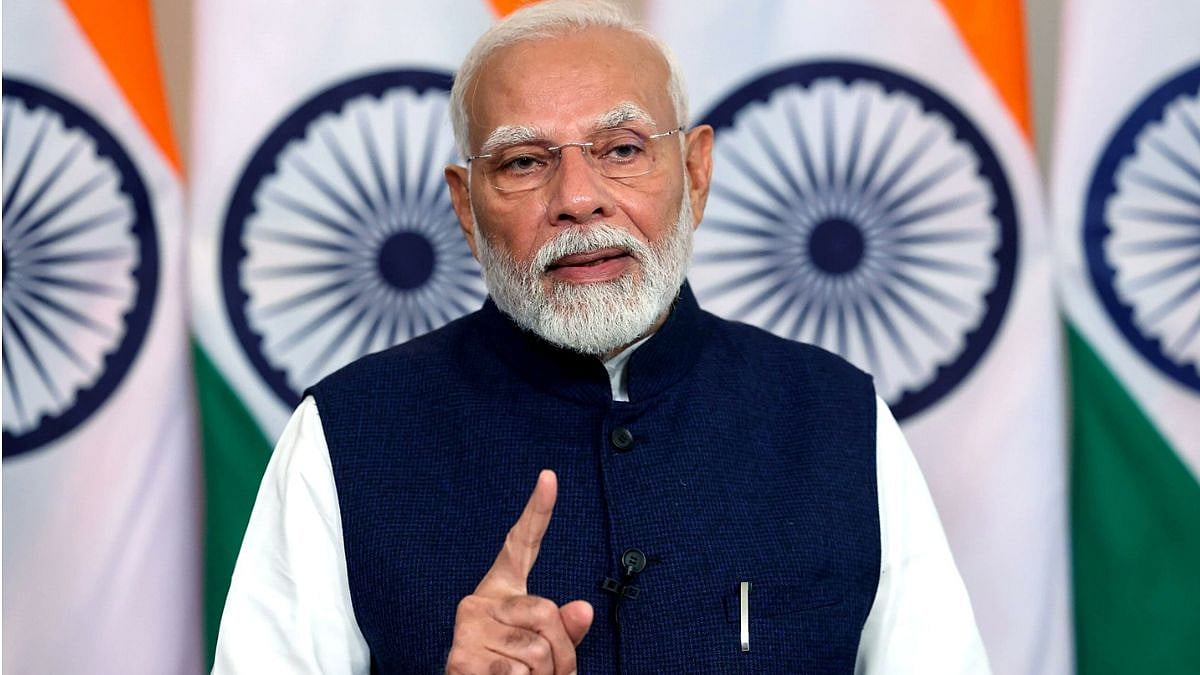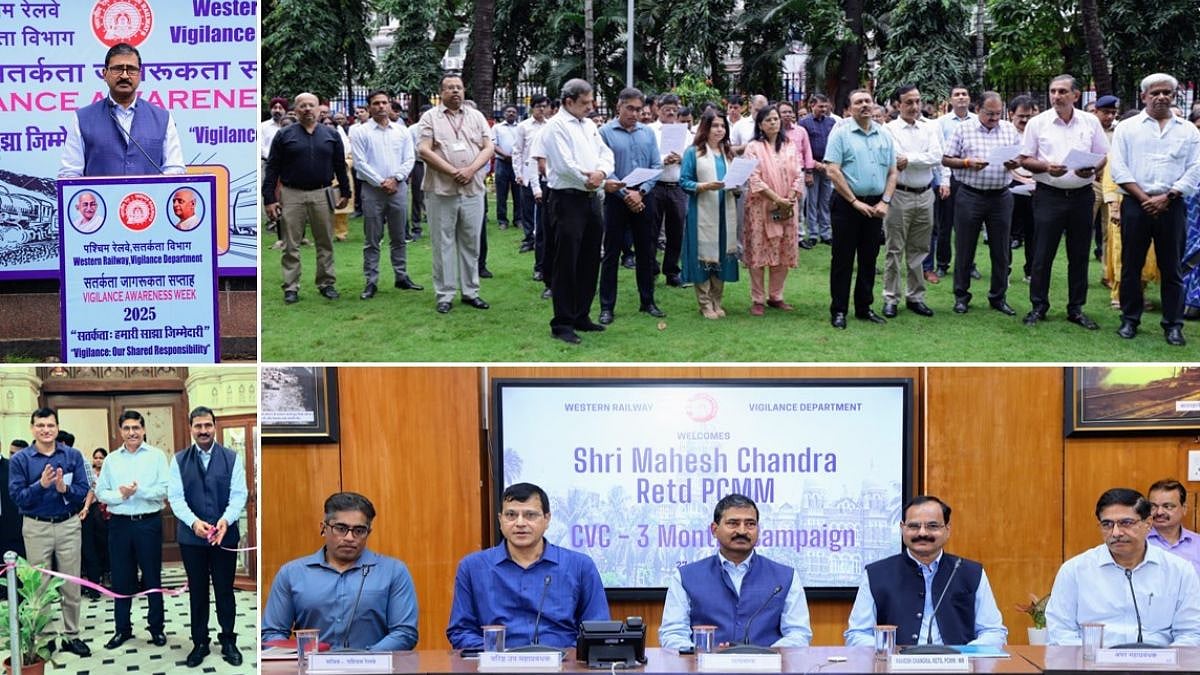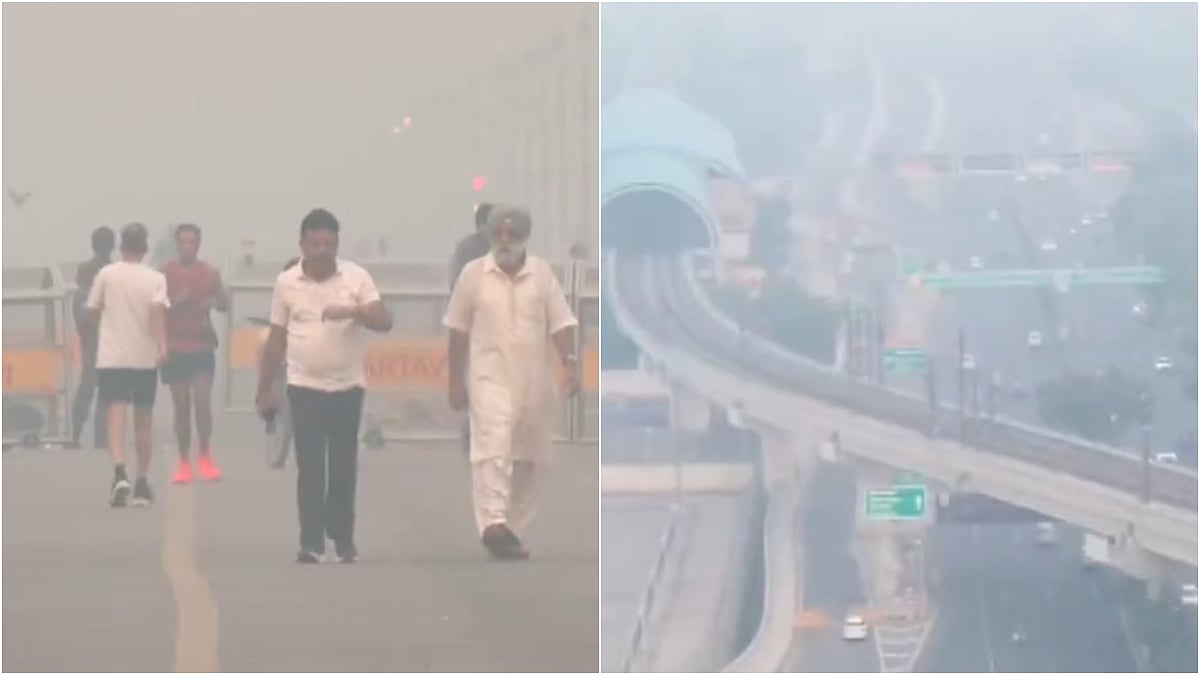Social media is a term that has become a ubiquitous part of our daily lives, and has come a long way since its inception in the early 2000s. With the rise of social media platforms, people have found an easy way to connect with each other, share their thoughts and ideas, and stay updated with the latest news and trends. However, as the demographics, user expectations, emerging technologies, and regulatory changes continue to evolve, social media is bound to change as well.
“Endless scrolling feeds,
Fingers swipe without a pause,
A screen lights up life.”
In today's digital age, social media platforms have become the new public town hall or debating square. These online spaces have transformed the way we communicate, share information, and engage in public discourse. With billions of users worldwide, platforms like Facebook, Twitter, and Instagram have become the go-to spaces for individuals, including leaders and public figures, to express their opinions, share their ideas, and connect with their followers. Social media platforms have become a powerful tool for civic engagement, allowing individuals to express their views, organise movements, and hold individuals and institutions accountable. It has democratised access to information and provided a platform for marginalised voices to be heard, empowering individuals and communities to engage in public dialogue like never before. From hashtag campaigns to viral videos, social media has catalysed social and political movements, creating a sense of community and mobilisation among like-minded individuals. But not without going to extremes of undue fake news and misinformation.
One notable aspect of this phenomenon is how influencers have taken to social media platforms as a means to cultivate a fan following, akin to the "durbar culture". In ancient India, the durbar was a royal court where the king held court and was surrounded by his subjects and courtiers. Similarly, on social media platforms, influencers seek to create a sense of adulation and admiration from their followers, often blurring the lines between public and private personas. They use these platforms to project an image of themselves as charismatic, powerful, and infallible, gathering a loyal fan base that hangs onto their every word and action. This "durbar culture" on social media platforms has both positive and negative implications. On the positive side, it allows the individuals to directly communicate with their followers, bypassing traditional media gatekeepers. It gives them a platform to share their vision, policies, and ideas without the filter of the mainstream media. It also enables them to mobilise support, raise awareness about important issues, and engage with a wider audience, including those who may not have access to traditional forms of participation or feedback process. However, on the negative side, the "durbar culture" on social media platforms can foster a cult-like following where dissenting voices are silenced or ridiculed. It can create echo chambers where influencers and their followers reinforce each other's views and reject opposing perspectives, leading to polarisation and division. It can also blur the line between facts and misinformation, as leaders may use social media platforms to spread unverified information or manipulate public opinion for their own gain.
“Social media is like a fridge - we keep opening and closing it, hoping something new and exciting will appear.”
While social media has undoubtedly revolutionised the way we communicate and connect with each other, the question remains: how social are they? The reality is that social media is not as social as it may seem. Many people use social media as a way to present a curated version of their lives, carefully selecting which photos to share and what aspects of their lives to highlight. This has created a culture of comparison and competition, where people feel pressure to present an idealised version of themselves online.
Social media can also have negative effects on mental health, social relationships, and productivity. It can create unrealistic expectations and comparisons, fuel online harassment and bullying, and contribute to a constant need for validation and attention. Additionally, social media algorithms can create echo chambers and filter bubbles, reinforcing biases and limiting exposure to diverse perspectives.
One of the biggest changes that social media will undergo is in its user demographics. In recent years, there has been a significant shift in the age groups that use social media. While millennials were once the dominant demographic, younger generations such as Gen Z and Gen Alpha are now the ones driving the growth of social media platforms. These younger generations have different expectations from social media, and they demand a more personalised and interactive experience.
Another trend that is likely to shape the future of social media is the increased use of artificial intelligence (AI). AI has already had a significant impact on social media, with algorithms used to curate content and personalise users' feeds. In the future, AI is likely to become even more prevalent, with chatbots and virtual assistants becoming more commonplace. This could lead to a more personalised and intuitive social media experience. In addition to AI, virtual and augmented reality (VR/AR) are likely to play a significant role in the future of social media. VR/AR technology allows for a more immersive and interactive social media experience. For example, Facebook has already launched its VR social network, which allows users to meet in a virtual office space. This technology could be used for a wide range of social media applications, from gaming to education.
Finally, regulatory changes are likely to have a significant impact on the future of social media. The spread of fake news and misinformation on social media platforms is a significant challenge in today's information landscape. With the ability to quickly disseminate information to millions of people with just a few clicks, social media platforms can inadvertently amplify false or misleading information, leading to confusion, polarisation, and even harm. The spread of echo chambers and filter bubbles on social media platforms can further exacerbate polarisation and division, reinforcing individuals' existing beliefs and limiting exposure to diverse perspectives. This can lead to the echo chamber effect, where people are only exposed to information that confirms their preexisting views, leading to the erosion of common ground and civil discourse.
Furthermore, regulating social media could address concerns around data privacy and security. Social media platforms collect vast amounts of data on their users, which is often shared with third-party companies for advertising purposes. This has raised concerns about how this data is being used and who has access to it. Regulating social media could help to ensure that users' data is protected and that they have control over how it is being used. With increasing concerns around data privacy and security, social media platforms are likely to face stricter regulations and laws. This could include measures such as greater transparency around data usage and stricter security measures to protect users' information.
The future of social media is likely to be shaped by a wide range of factors, including user behaviour, technological developments, and social and cultural trends. Regardless of what form new age social media takes, it is likely to continue to play a central role in how we communicate, share information, and build communities in the years to come.
Dr Srinath Sridharan is a corporate adviser and author of Time for Bharat. He tweets @ssmumbai










